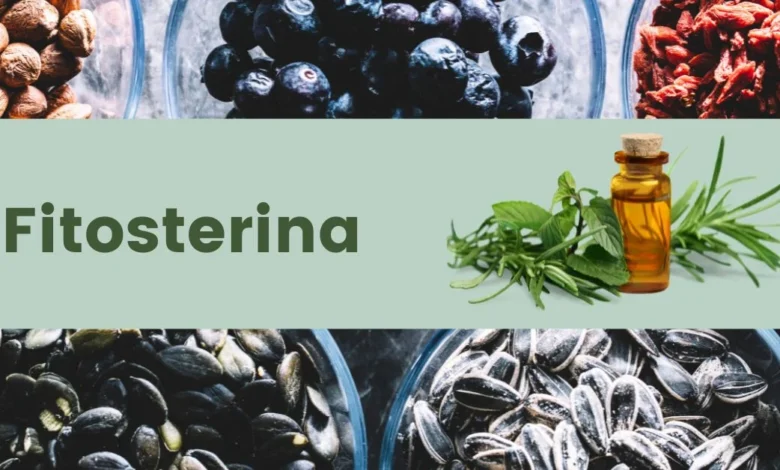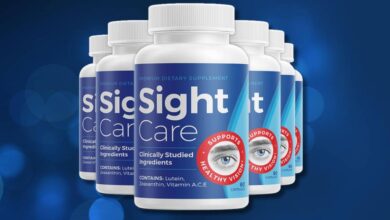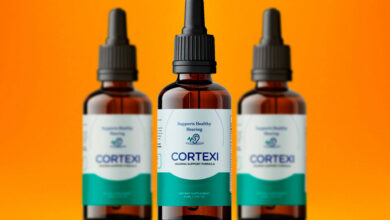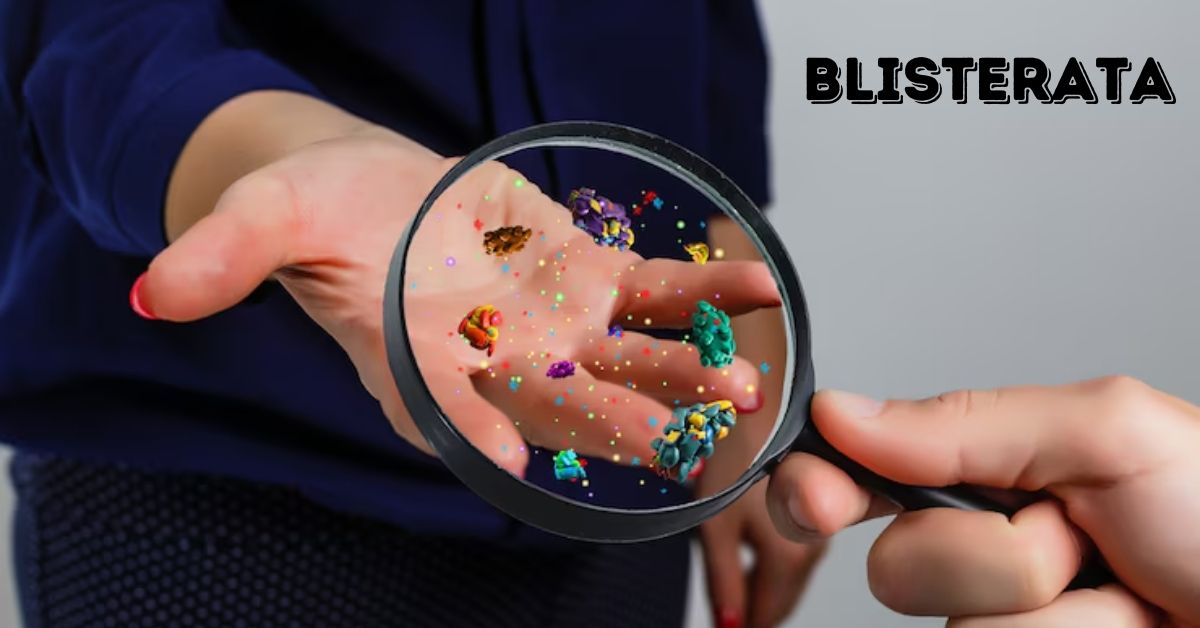What is Fitosterina?: Everything You Need to Know

Fitosterina is a natural compound in various plant sources known as plant sterols. Structurally similar to cholesterol, Fitosterina competes with dietary cholesterol for absorption in the digestive system, which can lead to lower cholesterol levels. This compound is especially beneficial for individuals looking to manage their cardiovascular health and overall well-being.
What is Fitosterina?
Fitosterina supplements, typically available in capsule form, contain beta-sitosterol—a plant sterol that is the main active ingredient. These supplements are easy to incorporate into one’s daily regimen and can be taken with meals to optimize absorption.
The natural compound found in Fitosterina is derived from rich sources such as vegetables, fruits, and nuts. Regular consumption of Fitosterina through these foods or supplements can contribute to overall health by minimizing the body’s cholesterol absorption.
Health Benefits of Fitosterina
Cholesterol Management
One of Fitosterina’s well-known benefits is its ability to help reduce LDL cholesterol levels, commonly called “bad” cholesterol. Fitosterina helps reduce the risk of developing heart-related health conditions by inhibiting cholesterol absorption in the intestines.
Cardiovascular Health
Research suggests that Fitosterina may support heart health by lowering blood cholesterol levels and reducing inflammation, which is critical in preventing cardiovascular disease.
Additional Benefits
Beyond heart health, Fitosterina possesses anti-inflammatory properties and may improve skin health and support the immune system. Its antioxidant properties contribute to its ability to fight free radicals and promote cellular health.
Usage Guidelines for Fitosterina
For optimal results with Fitosterina, it’s important to follow recommended usage guidelines closely. Generally, the advised dosage is one or two daily capsules with your largest meal, typically dinner, to enhance absorption and efficacy. Starting with a lower dose may help minimize potential gastrointestinal side effects as your body adjusts to the supplement.
Always ensure adequate hydration when taking Fitosterina, which can also reduce side effects. It’s crucial to consult with a healthcare provider before beginning any new supplement regimen, especially if you have pre-existing health conditions or are taking other medications. This will help tailor the usage of Fitosterina to your specific health needs and goals.
Potential Side Effects of Fitosterina
Gastrointestinal Discomfort: Some users may experience nausea, indigestion, or diarrhea when taking Fitosterina, especially when starting the supplement or at higher doses.
Vitamin Deficiencies: Fitosterina can interfere with the absorption of fat-soluble vitamins such as Vitamins A, D, E, and K, potentially leading to deficiencies if taken over a long period without proper dietary compensation.
Headaches and Dizziness: A minority of individuals might report headaches or dizziness, which typically resolves as the body adjusts to the supplement.
Allergic Reactions: Although rare, allergic reactions to Fitosterina can occur. They can present as skin rashes, itching, or more severe symptoms requiring immediate medical attention.
Interaction with Medications: Fitosterina can interact with certain medications, particularly those used for lowering cholesterol or managing diabetes, altering their effectiveness. Always consult with a healthcare provider about potential drug interactions.
Comparing Fitosterina
Fitosterina vs. Statins
Fitosterina operates by blocking dietary cholesterol absorption, whereas statins work by inhibiting cholesterol production in the liver. Statins are more potent but can have more severe side effects.
Fitosterina vs. Other Plant Sterols
Similar in function, all plant sterols can reduce cholesterol. However, Fitosterina may offer a higher concentration of beta-sitosterol, enhancing its effectiveness.
Fitosterina vs. Fiber Supplements
Fiber also reduces cholesterol through a mechanism that involves binding to bile acids. Fitosterina’s direct inhibition of cholesterol absorption might be preferable for some individuals.
Fitosterina vs. Prescription Fibrates
Fibrates target triglycerides rather than LDL cholesterol primarily. Fitosterina is more focused on reducing LDL cholesterol, making it a better option for those specifically looking to lower this type.
Fitosterina vs. Natural Diets
While diets rich in fruits, vegetables, and whole grains naturally help lower cholesterol, Fitosterina supplements can provide a more targeted and measurable intake of cholesterol-lowering compounds.
Consumer Insights
Many users have reported positive effects on their cholesterol levels after incorporating Fitosterina into their diets, often noting improved health markers in medical tests.
Fitosterina has gained popularity, particularly among adults concerned with cardiovascular health and those seeking natural health solutions.
Safety & Consideration
Safety should be a priority when considering Fitosterina as a supplement. While Fitosterina is generally considered safe for most adults, it’s essential to consult with a healthcare provider before beginning its use, especially for individuals with pre-existing health conditions or those on medication.
Careful monitoring is necessary to ensure no interactions with other medications, particularly those that affect cholesterol levels or blood sugar. Pregnant or breastfeeding women should avoid using Fitosterina, as there is insufficient data to confirm its safety for these groups. It’s also important to verify the quality of Fitosterina supplements by choosing products that have undergone third-party testing, ensuring purity and potency.
Conclusion
Fitosterina offers many benefits, particularly in promoting cardiovascular health and lowering cholesterol naturally. While it is generally safe for most adults, consulting with a healthcare provider is essential to ensure it is appropriate based on individual health needs and other medications. By following recommended guidelines and considering personal health goals, Fitosterina can effectively manage cholesterol and enhance overall health and well-being.
FAQs
1. What is Fitosterina?
Fitosterina is a natural supplement derived from plant sterols, primarily used to lower cholesterol and support cardiovascular health.
2. How does Fitosterina work?
Fitosterina works by inhibiting cholesterol absorption in the digestive tract, which can lead to lower blood cholesterol levels.
3. Are there any side effects of taking Fitosterina?
Common side effects are generally mild and can include digestive discomfort such as nausea or diarrhea. However, these are typically temporary and can be minimized by taking the supplement with food.
4. Can anyone take Fitosterina?
While Fitosterina is safe for most adults, individuals with certain health conditions or those on particular medications should consult a healthcare provider before starting Fitosterina.
5. How should I take Fitosterina for best results?
Taking Fitosterina with your largest meal of the day is recommended, as this can maximize its cholesterol-blocking effects. Always follow the dosage instructions on the supplement label or provided by your healthcare provider.
You may like to read about the following:
Blisterata: Causes, Benefits, Symptoms, and Treatment Options
What Is Kecveto?: Everything You Need to Know
The Ultimate Guide to Cassasse: History, Recipes, and Health Benefits
Mamgatoto: A Taste of Africa in the Heart of American Dining
Trendzguruji.me Health: A Comprehensive Guide to Holistic Well-Being
For more information, Visit Celebrity World



